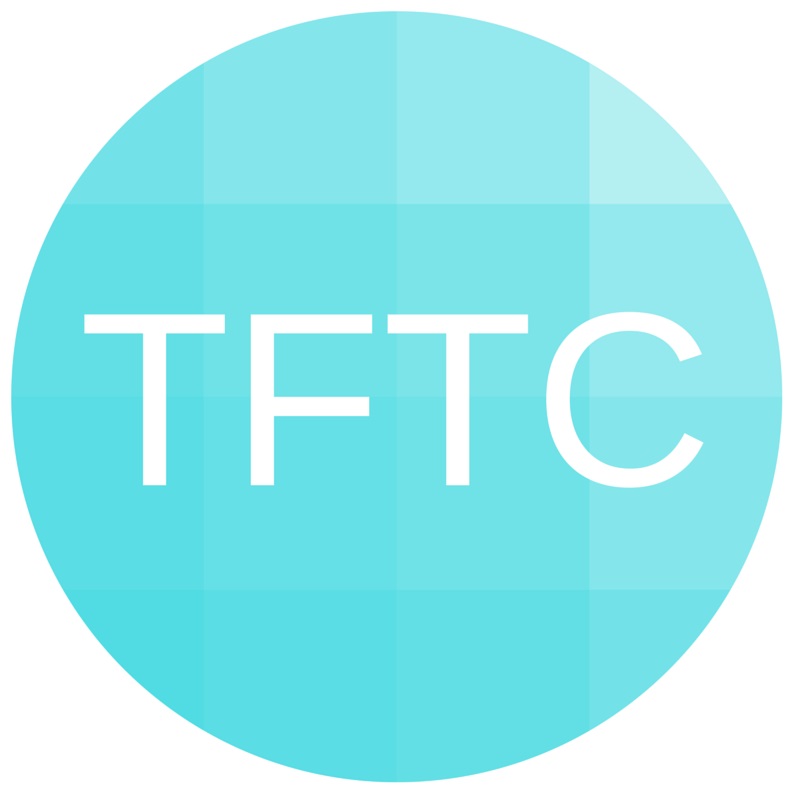The Future Through Collaboration (TFTC)
Kinexus is proud to have founded The Future Through Collaboration (TFTC). Partnering with a group of pioneering Defence organisations since 2014, we work towards a collective goal of growing and enhancing capability. The program was born from a shared recognition of the need for collaboration to tackle the challenges Defence Industry faces.
Kinexus delivers the award-winning TFTC Mentoring Program to tackle the issue of gender diversity in the Defence Industry by providing networking, mentoring and learning opportunities for women engineers, project managers, technologists and technicians working in Defence Industry.
Diversity is an essential agenda item for Defence Industry. The Department of Defence established the Defence Diversity and Inclusion Strategy in 2012, which aimed to increase the proportion of women and other minorities across the industry[1]. Since then, the percentage of women in the industry has increased from 34.6% to 36.7%, and the number of female graduates entering the Top 20 ADM Defence Industry organisations is now at least 30.5%[2],[3]. Although this shows things are heading in the right direction, the industry still has a long way to go. Women make up 50.1% of all Australian employees, meaning overall Defence Industry is 7.5% behind the national average [2],[3]. Additionally, the proportion of women in key management roles across the industry is only 15.2%, also much below the national average of 30.5%[2]. What’s more, the Australian Defence Force (ADF) workforce is only 17.9% female under a third of what it should be[4].
As a historically male-dominated industry, these figures are unlikely to be in a surprise, but the industry is striving to change. Initiatives like TFTC aim to support the industry in its efforts to foster an inclusive, adaptable and sustainable workforce. We hope the program will help attract, retain and support women to make the most of their careers in Defence.
TFTC was recognised for their contribution to the industry as the recipients of the Support/Services Essington Lewis Award in 2017.


